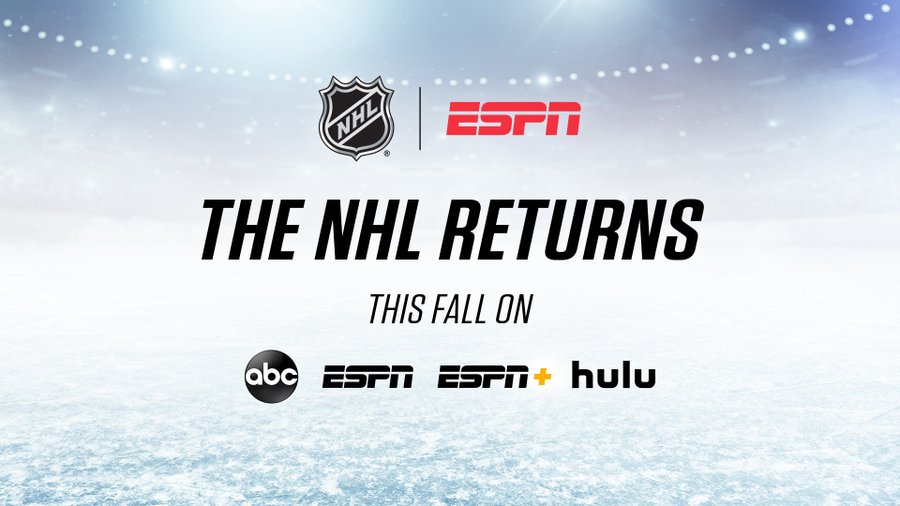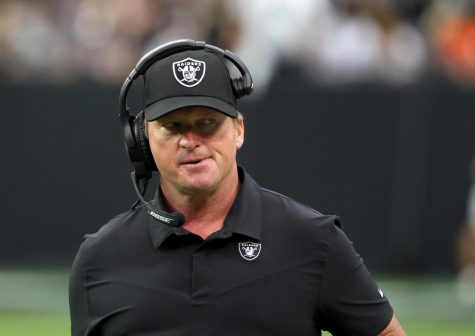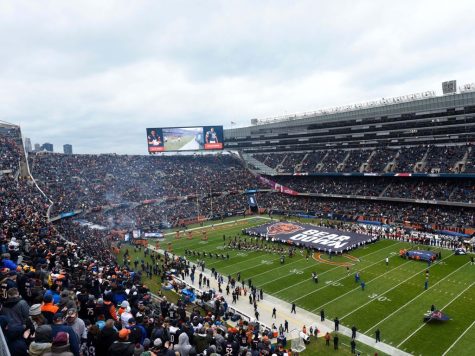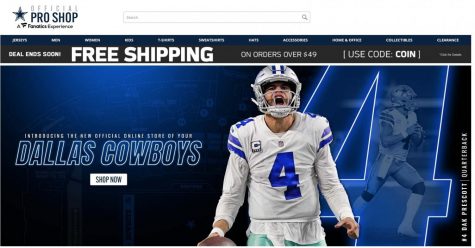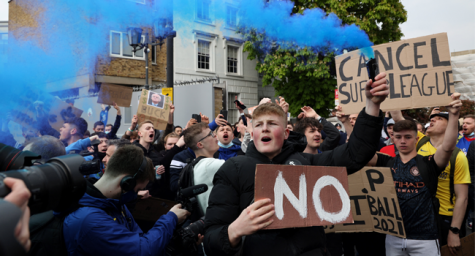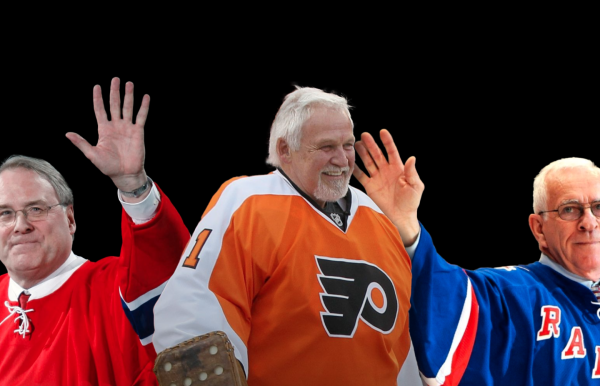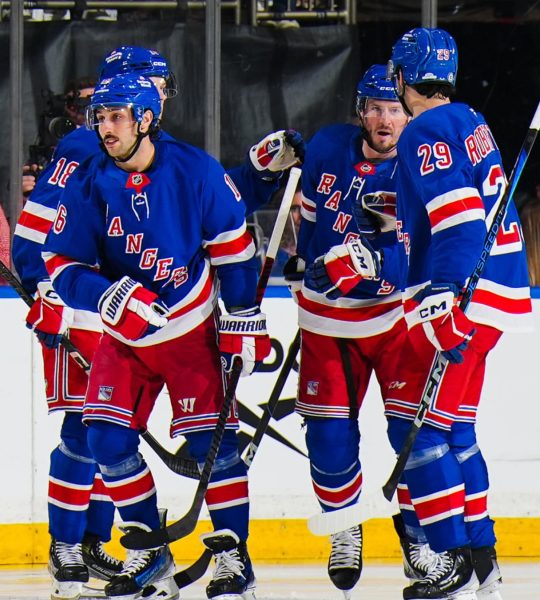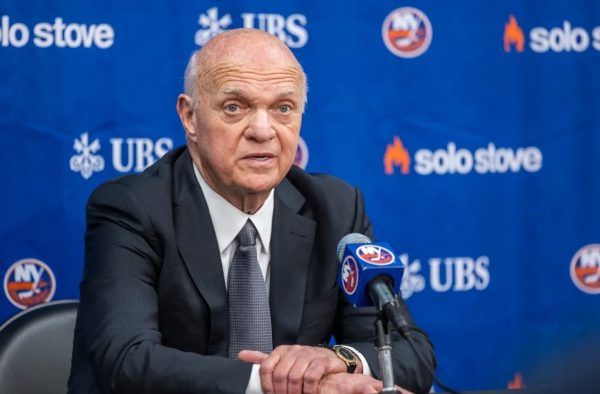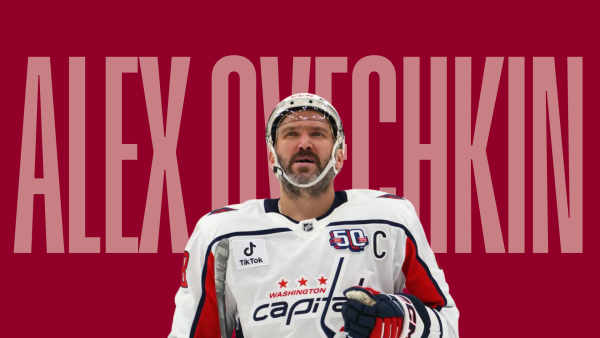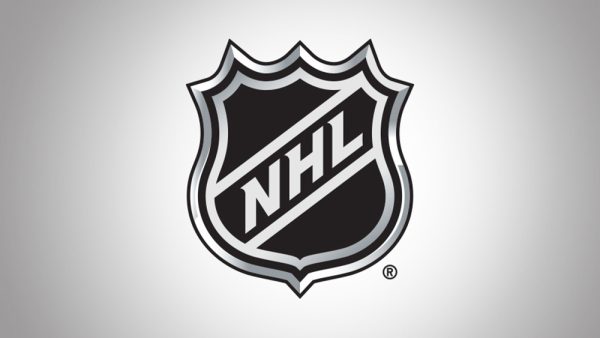ESPN’s Deal with the NHL
On Tuesday, the NHL and ESPN announced a new media rights deal to broadcast NHL games on the Worldwide Leader. The league has been absent from ESPN for the past 16 years, currently residing on the NBC family of networks. The deal is for seven years, cashing out at $400 million per season. ESPN will get one conference final per season, four of the next seven Cup Finals, 25 regular-season games on ESPN and ABC and 75 games exclusively streaming on ESPN+.
NHL executives have created two media rights packages: A-level and B-level packages. The league decided to craft these two packages after NBC has held the rights since 2006. These packages will give the league more flexibility with the airing of its content. ESPN agreed to a seven-year deal worth $2.8 billion for the A-level package.
This is only the beginning of the NHL’s new deal, as another network will pick up the remaining three Cup Finals and other playoff and regular-season games. This doubles the NHL’s American TV revenue as of right now, with more money coming in soon. NBC’s deal was worth $190 million per season. Commissioner Gary Bettman said this week that despite this money coming in, they still expect the salary cap to remain flat for the next four years as the league pays off escrow and debt from the past year.
Bettman also made it clear that he wanted to split the rights between two or more media companies. So far, negotiations with NBC over media rights were far from the agreement due to prices.
“This has become an increasingly complicated media landscape,” Bettman said. “We needed to make sure that we were crafting a package that made sense to ESPN and the Walt Disney Co., and at the same time attempt to reserve enough rights that we believe would be attractive for a second package. We believe we’ve accomplished that.”
As for the deal itself, there are many good and bad things regarding the specifics of the contract. The biggest positive is the wider exposure of regular season and playoff games. Every other league spreads their product across multiple networks — the NBA with Turner and ESPN; the MLB with Turner, FOX, and ESPN; the NFL with CBS, FOX, NBC, and ESPN; the PGA with NBC, CBS, and Turner, and so on and so forth. The NHL was the only major sports league locked into one channel, which means fewer networks are going to talk about the sport. When a network does not have the rights to a sport, they are less likely to commit airtime to analysis, especially when that sport is hockey.
Overall viewership for NHL games usually falls behind the other sports leagues, but ESPN sees potential with the new deal. Supposedly, ESPN has been planning to take the main NHL media rights from NBC for three years. ESPN’s office has looked at various sports league statistics and discovered the NHL league’s young audience.
“They have a young demographic here — one of the youngest in sports,” ESPN President Jimmy Pitaro said. “When you look at ESPN’s priorities, one of our top priorities is audience expansion. That includes attracting this younger demographic.”
This younger demographic is known for its engagement with the sport. Therefore, they will be more apt to subscribe to a streaming service. Disney, the ESPN parent, has been focused on creating streaming services like ESPN+ for their audience.
On the surface, the main negative of the deal is the exclusive streaming games. If an Islander, Ranger or Devil game was one of those 75 games, they would not be available on MSG or ESPN, only ESPN+. This is making the already least popular sport harder to find no doubt, but that is the way the industry is going. The NFL deal that is coming soon will have Amazon involved in a streaming relationship, and all of the other leagues will follow suit. Just because it is the first league to do this, the NHL is getting heat for something that Amazon and the NFL will agree to in the coming months. This seems like a negative right now, but it will soon become commonplace.
In the past two months, negotiations for the NHL media deal have become more serious. NHL executives were enthusiastic about making a deeper deal with ESPN because of the prospect of more games on their channels and more features of highlights on Sportscenter.
All in all, this is a great deal for the NHL. They are going to a network that will give them a lot of airtime on other programs and with whom they had a great relationship in the past. The money they are getting from this deal, paired with Seattle’s expansion fees, will eventually raise the cap. Gary Thorne said he would be open to coming back and calling the games again for ESPN, which would be phenomenal. This is a great deal for the NHL, and fans should be excited for the new network to start-up in the fall.





































































































































































































